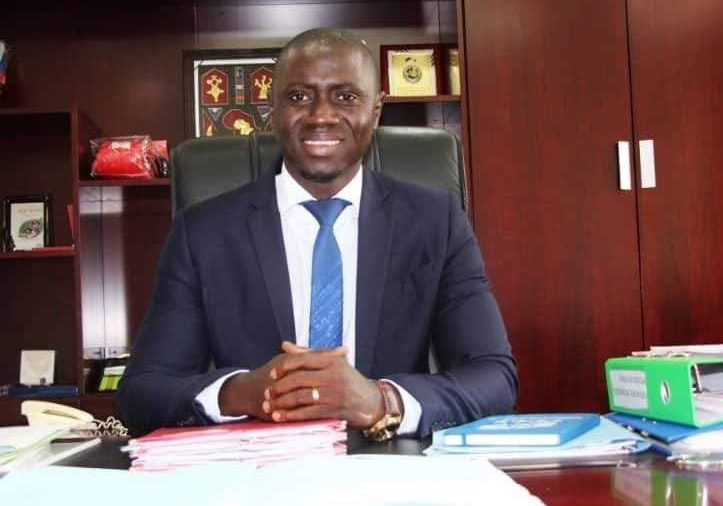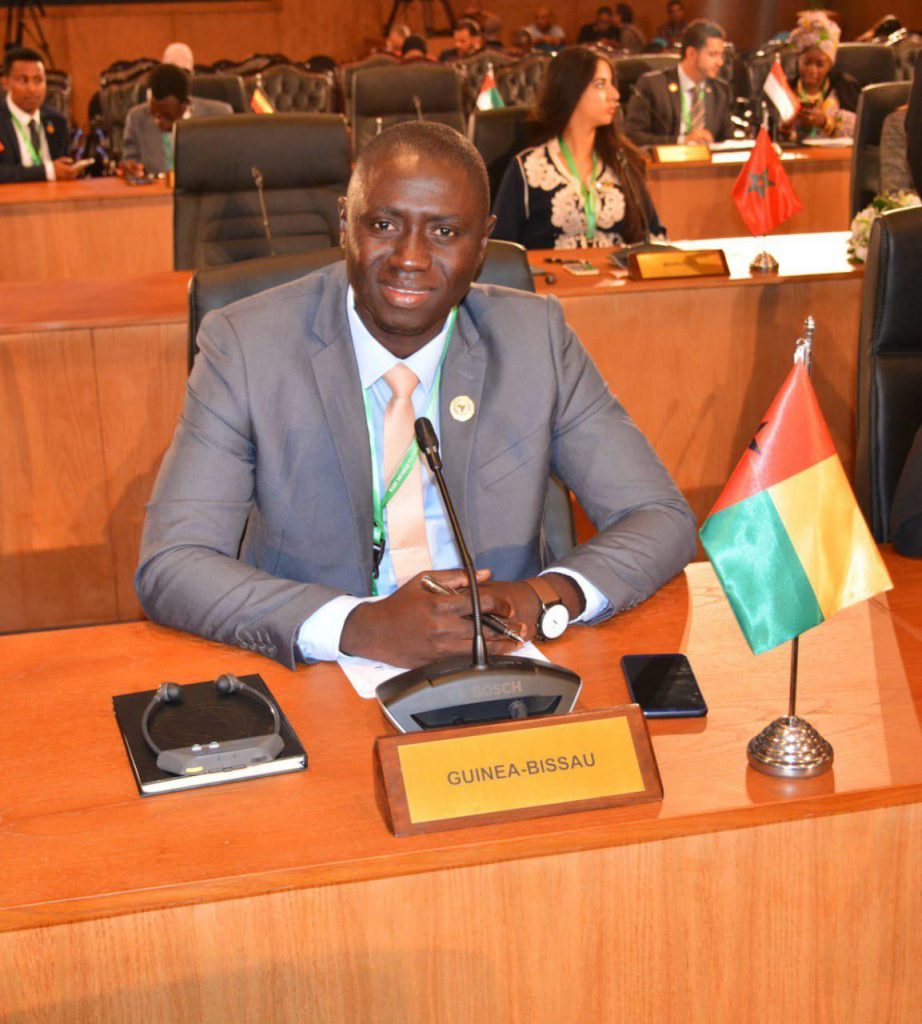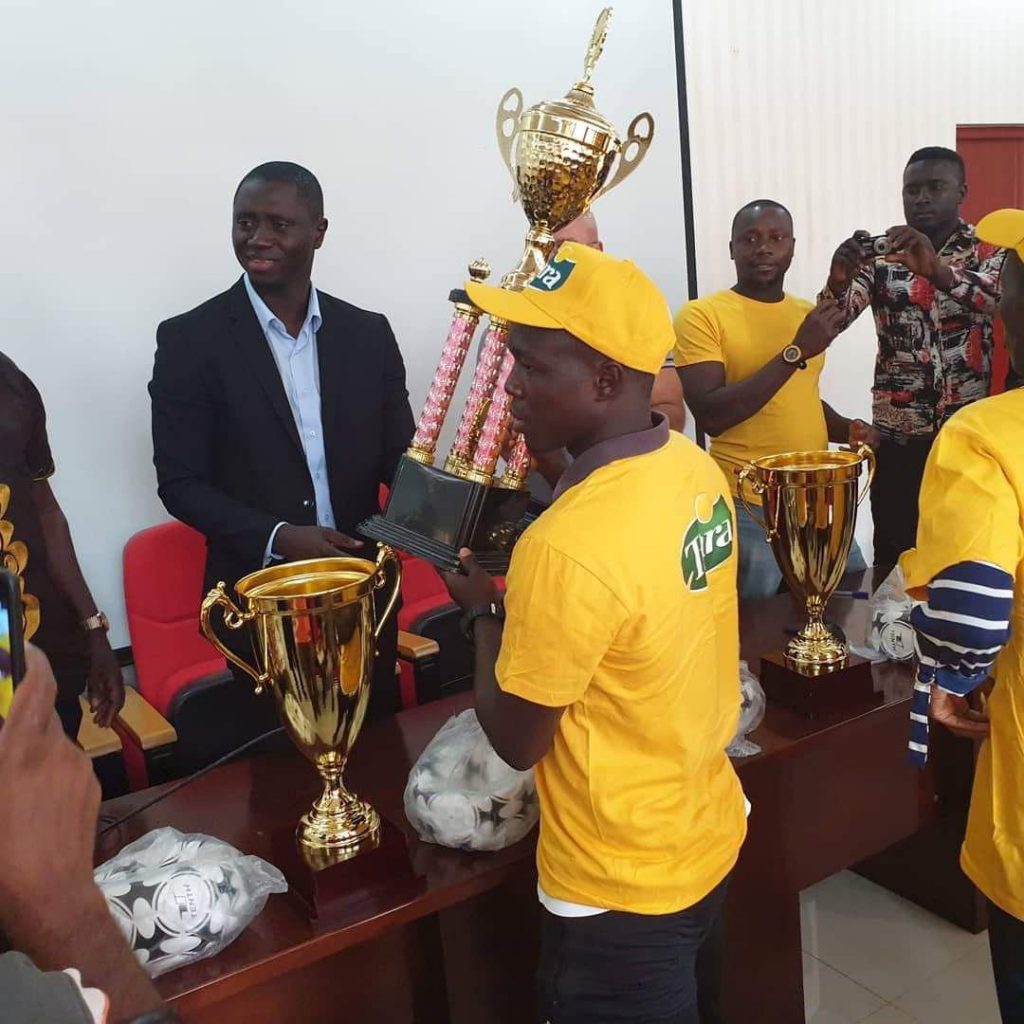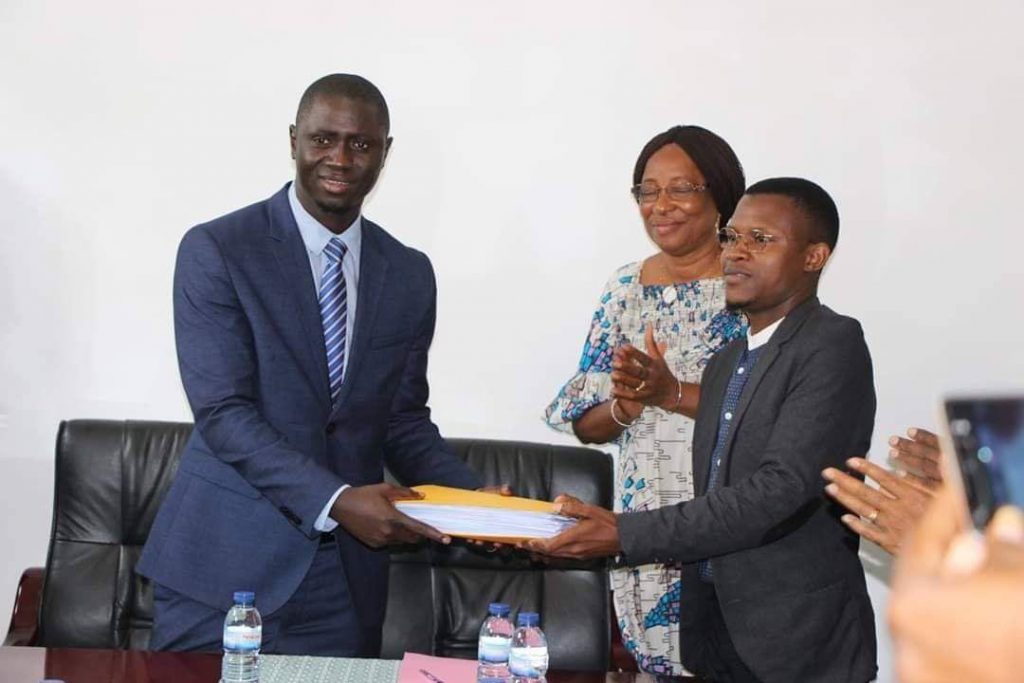Insights
Dionisio Pereira… A Young Dream has come true

Dionisio Pereira is one of our World Youth Forum (WYF) stars who proudly participated in WYF 2018 and had the opportunity to actively contribute to many models. He participated back then as a young man from Guinea Bissau, who had high hopes and dreams to achieve. One of his dreams came true after the forum.

Pereira studied Computer Science, and took part in the engineering and technology development in the government headquarters, where he set up a system to facilitate the e-government and digital network.
He is also the President of JAAC, which is the Young Patriots Movement of Amilcar Cabral, the father of the nation. He decided to shift from Computer Science to Politics because he believed that his country needs young leaders to lead the process of development. He is now serving as the current Secretary of State of Youth and Sports of Guinea Bissau.
Pereira shared his insights and dreams through an interview with the World Youth Forum’s Magazine.
Can you share with us your experience in Egypt in general and the WYF and the Model of Arab-African Summit (MAAS) in particular, and how did this experience influence you personally and professionally?
The WYF in Egypt was a great experience because I got the chance to connect, share, and learn with young people from other countries. I really
understood what happens in the African and Arab countries. When I returned back to my country, my whole life changed. Up till the moment, I still share and learn from my colleagues from other countries within the digital platform and network.
Since your study was mainly about computer science, how can the African continent make use of the Fourth Industrial Revolution?
Computer Science and digital technology could help greatly to achieve the Development Goals, as long as training in this area is well done. Today,
the African continent has a very strong potential, in terms of both the number of users and access to the most innovative offers. Computer Science helps Africa respond to new consumption habits, and allows interconnection among all economic actors taking part in this technological revolution.
As the Secretary of State of Youth and Sport, in your opinion, what are the most serious challenges facing the Guinean youth, in particular, and the African youth, in general?
Despite a high enrollment rate, youth unemployment remains endemic in the world and particularly in Guinea Bissau.

Due to poor quality of education, youth have inadequate skills or inadequate qualifications; more than 65% of young workers do not have the
level of education required by employers, and are not prepared to enter the labor market.
As the state is the main employer in Guinea Bissau because of the low
level of private investment, the supply of jobs remains insignificant for
young people who lack access to administrative jobs.
Training is fundamental to developing young people’s skills and understanding their socioeconomic environment. Unfortunately, there are a few integration and training organisations, most of which are reproductions of foreign organisations whose inadequacy to meet the needs of the local labor market is alarming.
Vocational training is at the same time very weakly developed and in deep incompatibility with the Guinean economy.
With my team, the mission of our Youth and Sports Secretariat has been as follows:
• To build the fundamental skills essential to youth autonomy by supporting basic education with a dual priority: equity and quality, in partnership with the Ministry of Education.
• To develop professional skills, through training and employment policies and devices.
• To stimulate research and innovation.
• To reinforce the legitimacy of public (or institutional) action and the support of populations or beneficiaries through renovated and multi-stakeholder governance frameworks, based on a transparent, and effective process, to strengthen social cohesion.
What are the best mechanisms that can be used to empower youth in Africa?
Education, training, and access to employment are tremendous levers for youth empowerment, social mobility, and vulnerability reduction. These levers contribute to the construction of common values, and promoting the emergence of citizenship and social cohesion. They are fundamental conditions for contributing to a sustainable world, as well as competitive, innovative, and inclusive green economies.
Finally, could you forward a piece of advice to the youth to help them achieve their goals?
There is no better place in the world than our home, and it is impossible to achieve progress without dreams, hard work, and love to the people. These must guide us in everything we do.

